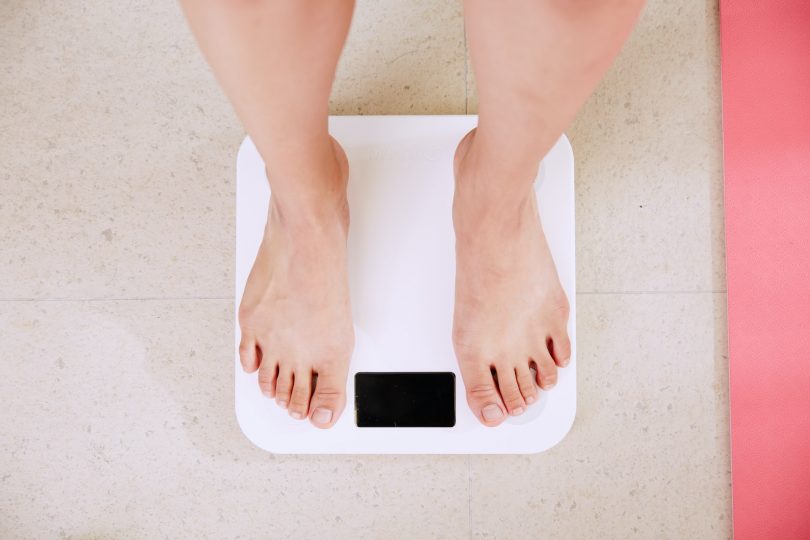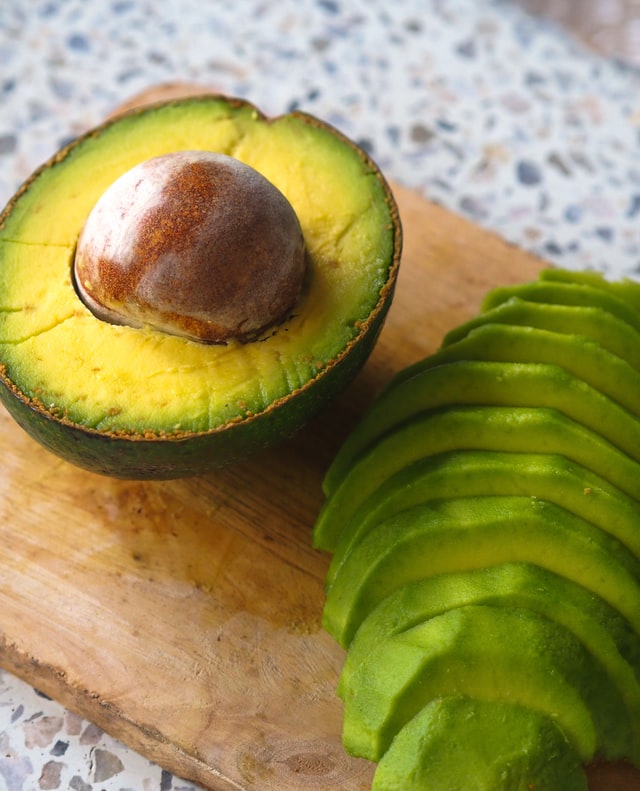Hormone imbalance is a term many women are aware of but don’t always fully understand even with an awareness of some of the uncomfortable symptoms associated.
Hormone imbalance occurs when there is too much or too little of a hormone in the bloodstream.
The experiencing of some form of hormone imbalance during puberty, our menstrual cycle, pregnancy, or menopause is relatively normal due to hormone fluctuation. However, when symptoms continue for a prolonged time, this is when we may need to contact our GP and/or medical professional.
The symptoms of hormone imbalance are dependent on the gland and hormone affected e.g., women who are known to have too much testosterone in the bloodstream may be prone to oily skin and/or struggle with thinning hair. Whereas women who are known to have too little estrogen may be prone to dry skin and/or have drooping breasts.
Hormones and weight loss
Women who struggle to lose weight may find their hormones could be the reason why. This is because the way our body regulates fat is based on hormone regulation e.g., if our stress hormone (Cortisol) is too high it can cause a natural craving for processed, sugary/salty foods leading to an increase in daily calorie intake. In addition, when the body is under stress it is unable to digest food properly and tends to store food as fat instead of using it for fuel.
The same goes for glucose when our body is insulin resistant it can end up storing glucose as fat instead of using it as fuel. This is because the body starts to produce higher amounts of insulin as it’s not being regulated by the body correctly.
Can I re-balance my hormones?
Hormones can be replaced through the consumption of a healthy diet. Eating foods such as those listed below in particular good fats. Fats are important for good hormone health as they support the body when it comes to hormone regulation. You also want to aim to drink up to 2 litres of water per day, this can include herbal teas but excludes tea and coffee.
Food containing good fats:
- Avocado
- Seeds (Pumpkin, Hemp, and Flaxseeds)
- Raw nuts (Brazils, Walnuts and Almonds)
- Wild caught fish
- Wholegrains: Quinoa, Amaranth and wild rice
- Dark leafy vegetables e.g. Cavelo Nero
- Butternut squash
In addition to nutrition, wellbeing is just as important. It’s easier said than done nowadays to keep stress levels to a minimum by creating time where you can to get rest, you can also engage in light exercise such as walking, swimming or yoga.




